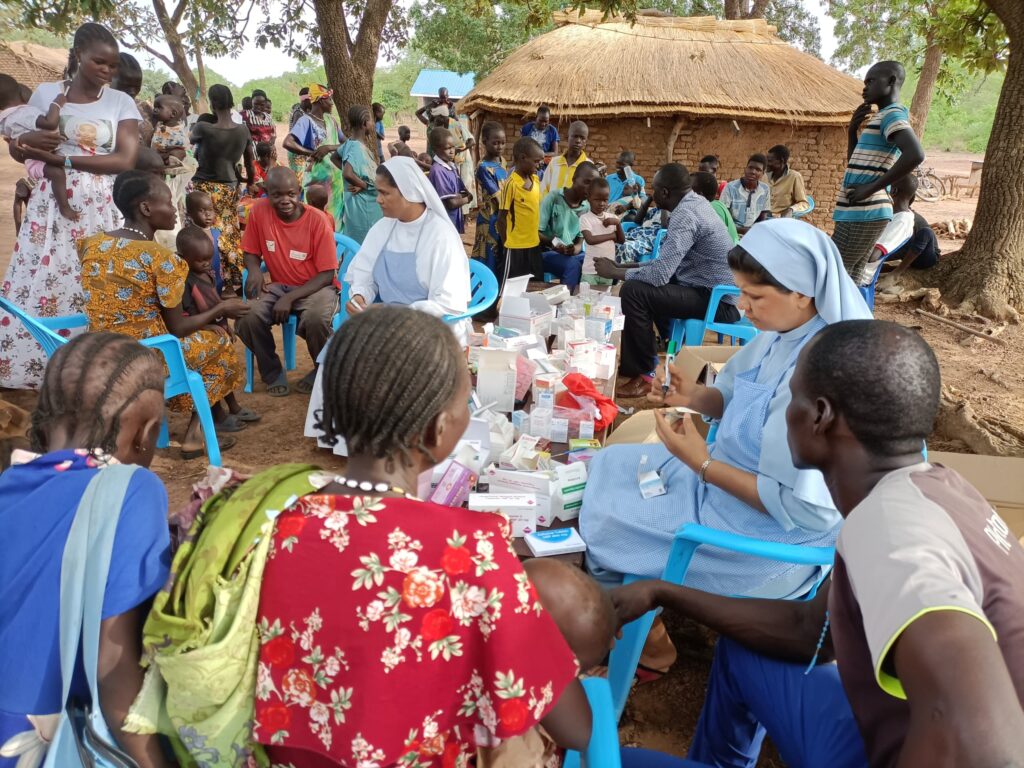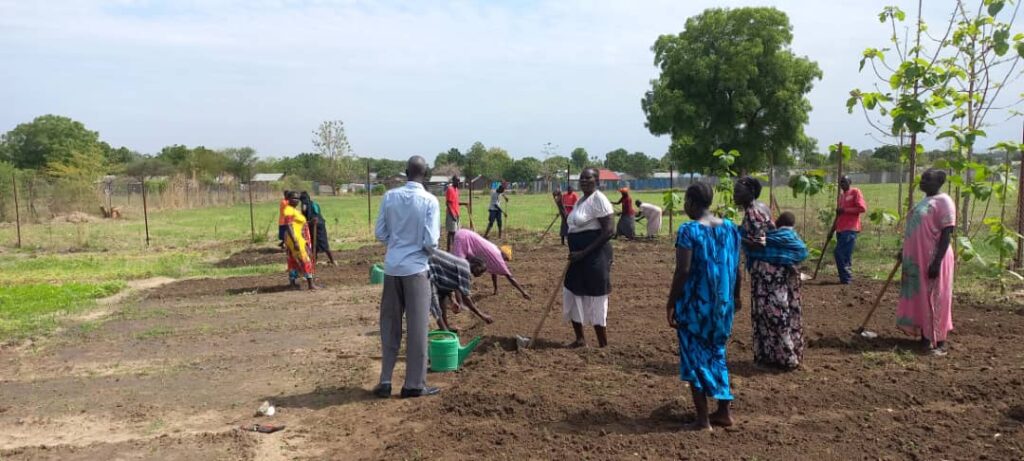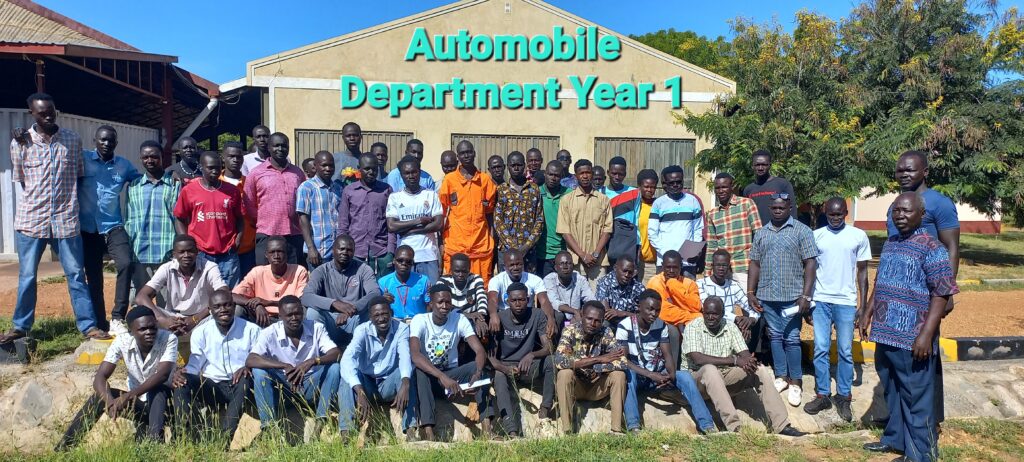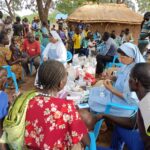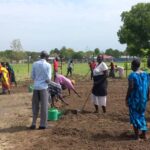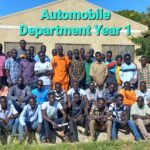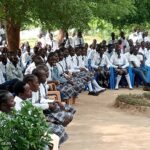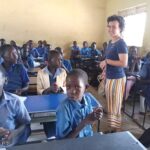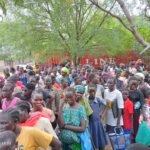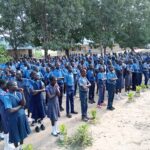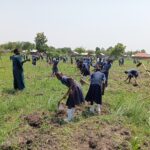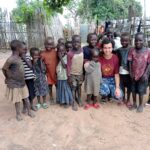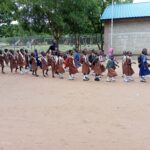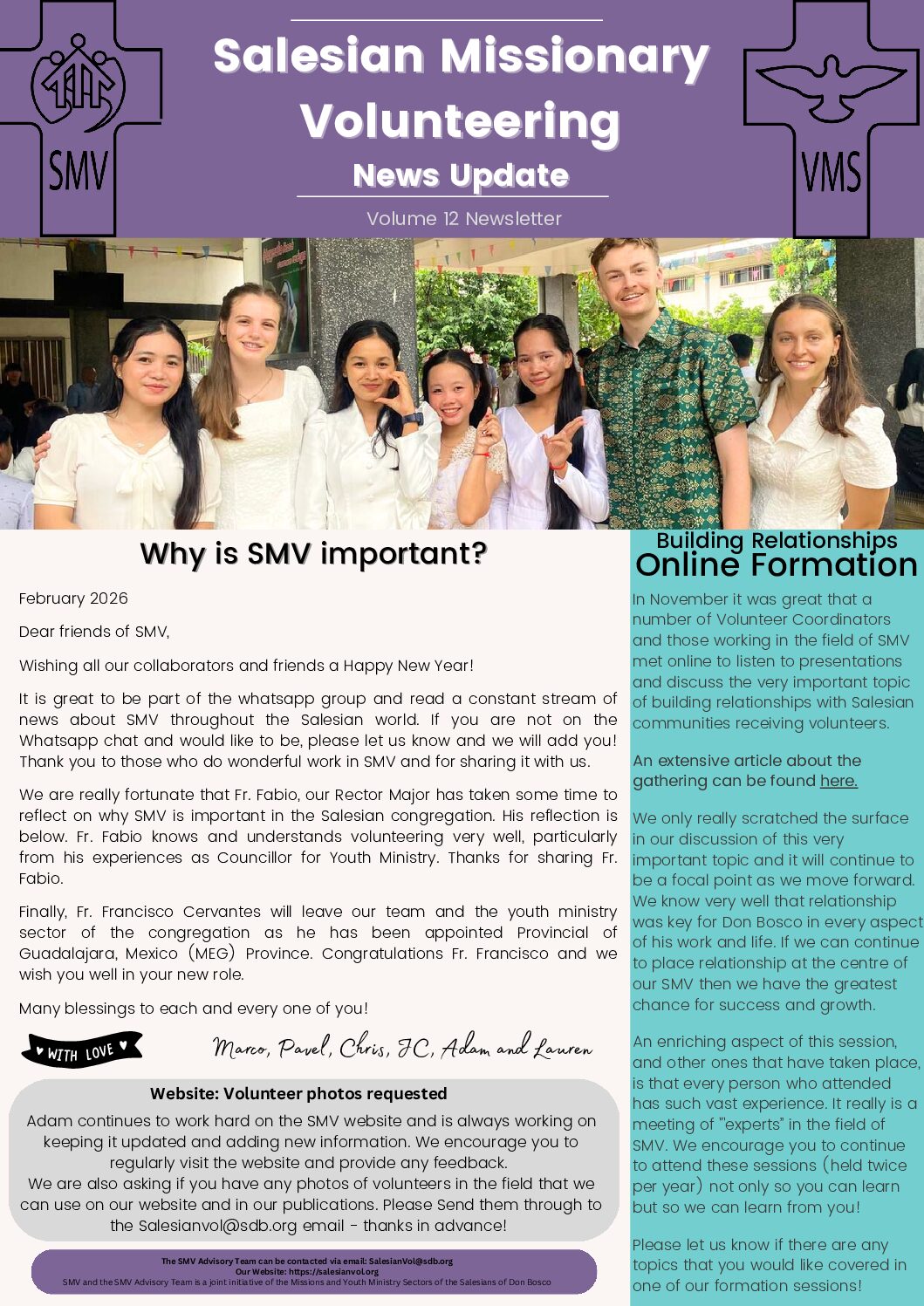Don Bosco Mission
Available Ministries
-
Catequesis & Retreat
-
Teacher (Primary)
-
Teacher (Secondary)
-
Agricultural
-
Carpentry
-
Electrical
-
Plumbing
-
Welding
-
House of Formation
-
Nurse & Nurses Aide
-
Physician
-
Maternal & Child Care
-
Parish
-
Prison Ministry
-
Project Development Office (PDO)
-
Social Work
-
Street Children Outreach
-
Youth & Campus Ministry
-
Youth Centre
Ministry Background
Background or Situation of South Sudan
South Sudan, the world’s youngest nation, gained independence from Sudan on July 9, 2011, following decades of civil war. The country is characterized by its diverse ethnic composition, rich cultural heritage, and abundant natural resources. However, since its independence, South Sudan has faced significant challenges, including political instability, armed conflict, and economic hardship.
Political and Social Context
South Sudan’s political landscape has been marked by power struggles, leading to recurring conflicts that have severely impacted the country’s stability. The civil war that erupted in 2013 between government forces and opposition groups led to widespread violence, displacement of populations, and a humanitarian crisis. Although a peace agreement was signed in 2018, the situation remains fragile, with ongoing intercommunal violence and political tensions.
Economic Challenges
South Sudan’s economy is largely dependent on oil production, which accounts for a significant portion of the country’s GDP. However, the reliance on oil, combined with the effects of conflict, corruption, and mismanagement, has left the economy vulnerable. The agricultural sector, which employs the majority of the population, remains underdeveloped, leading to food insecurity and a lack of economic opportunities for many South Sudanese.
Social and Humanitarian Situation
The prolonged conflict and economic challenges have resulted in severe humanitarian crises. Millions of people have been displaced internally and externally, seeking refuge in neighboring countries. The education system has been severely affected, with many schools destroyed or closed, and a large number of children out of school. Access to basic services, including healthcare, clean water, and sanitation, is limited, particularly in rural areas.
Role of the Salesian Congregation
In this challenging context, the Salesian Congregation plays a vital role in supporting the youth of South Sudan. By establishing schools, vocational training centers, and youth programs, the Salesians provide educational opportunities and life skills that are crucial for personal and community development. Their work in promoting peace, reconciliation, and social cohesion is essential in a country seeking to overcome the deep divisions caused by years of conflict. The Congregation’s commitment to serving the most vulnerable aligns with the urgent needs of South Sudan, offering hope and a pathway to a more stable and prosperous future.
Purpose & Objectives
The Salesian Congregation in South Sudan is dedicated to the holistic development of young people, particularly those who are marginalized and vulnerable, through education, vocational training, and spiritual formation. Rooted in the values of St. John Bosco, the Congregation aims to empower youth with the skills, knowledge, and moral grounding necessary to build a better future for themselves and their communities. By providing access to quality education, fostering a sense of community, and promoting peace and reconciliation, the Salesians seek to contribute to the social and economic development of South Sudan, nurturing the next generation of leaders in a country striving for stability and growth.
Programs, Activities, & Other Projects
KEY AREAS OF INTERVENTION
Emergency Intervention (IDPs & Returnees):
Addressing the urgent humanitarian needs of internally displaced persons (IDPs) and returnees.
• Over 10,000 people in our IDP camps in Don Bosco Gumbo • Around 2,500 people in Don Bosco Wau, and 7,000 individuals in Don Bosco Mission Kuajok.
Health Care:
Health Care is given great importance as a Salesian activity in Sudan Delegation in Tonj, Juba & Maridi.
* Emergency Health care is one of the major concerns. * Service in partnership with sister congregations. * Daily more than 1000 beneficiaries protected.
Empowering Youth (Vocational Training):
Training 1200 young men and women in diverse vocational skills through Vocation Training centers at Wau and Gumbo
Mechanical • Automobile • Electrical
• IT
• Printing
Plumbing, Carpentry, Welding, Civil Work Book binding
Bakery, Tailoring, Driving, Agriculture, Hairdressing
Care for Marginalized: Humanitarian aid, improved living conditions, medical care and combat social stigma is provided for people living with Leprosy.
• 45 families living with Leprosy in Tonj
Education in Remote Areas:
Salesians have been dedicated to youth empowerment by establishing schools in remote areas since 1980. Over 15000 children every year in 5 regions annually benefit from formal education.
Protect Vulnerable Children:
Temporary shelter along with school education, training in various trades, and reintegration into society.
• 50 street children Wau • 100 Street Children in Kuajok
Livelihood for Self-Reliance:
Our initiative is dedicated to supporting communities in South Sudan, fostering the development of sustainable livelihoods.
• Agro-based activities • Self help programs • Skill development
Duties & Responsibilities
Teaching, Medical assistance, Animation of the teachers and staffs, assistance in the play ground or teaching dance, assisting girls in the dormitory, teaching catechism in the out stations
Practical Qualifications/Skills Needed
Needed minimum Bachelors in health care centers and vocational training centers. Atleast need to be secondary school holder to teach in primary and secondary schools.
Useful Academic Preparation
Bachelors and Masters in the areas aforementioned.
Useful Experience
*Broad minded
*Attentive to the community director and eager to collaborate with the community for the welfare of the people.
Area Information
The lay missioner will be working in 5 regions namely Juba, Wau, Tonj, Kwajok and Maridi.
Involvement with the religous community
Area Information
The lay missioner will be working in 5 regions namely Juba, Wau, Tonj, Kwajok and Maridi.
Involvement with the greater community
They can participate in all the activities of the greater community
Special Challenges & Conditions
Since Mosquitoes are more in these regions, one can get malaria if you don’t take care of your health. If you drink water in the wayside or not practicing personal hygiene, you may get typhoid. Otherwise, Salesian house is a safe environment for the lay missioners.
Housing & Community
Live with Religious
Housing
Some regions have separate quarters for volunteers
Room
Daily Eucharist
Bathroom
Launder
Yes
Access to ATM
Local Diet
Rice, Maize, Beans, Vegetables, Meat, fruits
Local Medical Facilities
We have our dispensaries in various regions. We also have decent hospitals in the capital
